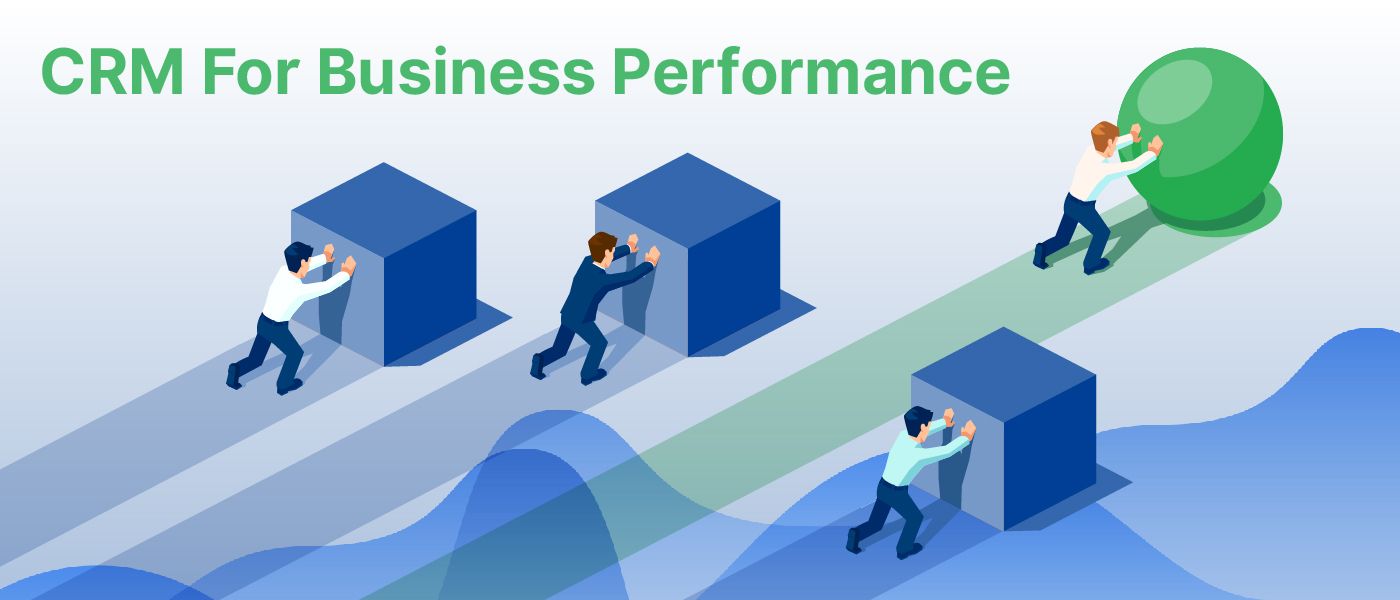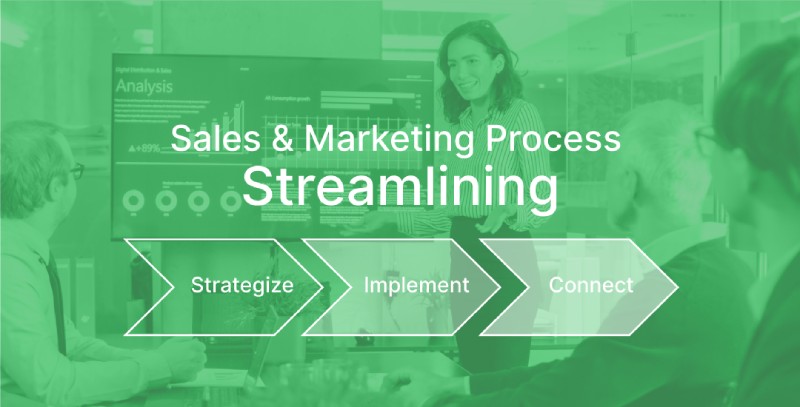
CRM and Business Performance
Customer Relationship Management is a prime focus of sales and marketing. One of the most important questions firms must ask is how CRM improves business performance and whether it’s worth pursuing or not.
CRM is grounded on high quality customer data and enabled by IT. And all this happens when data, sales strategies, and technology come together.
Because the primary goal of CRM is to improve sales efficiency by prioritizing leads and opportunities likely to convert. It makes sense that CRM and business performance ought to be inherently linked.
What are the 5 beacons of CRM and business performance?
Managing a profitable customer relationship works in the following ways:
1. Create customer segments
Not all customers are equally profitable for your brand. The task of CRM is to find out the high-value customers. These shoppers display high brand loyalty and give you a lot of business. However, they are to be looked at as company assets instead of targets. Loyal customers are usually offered incentives. Firms can cut down on useless spending and channelize their funds to get higher returns this way.
2. Integrate technology, databases and related tools through CRM software
CRM software and automation takes the load off of tedious data mining. It consolidates all customer contact points, all channels of marketing, and the performance of different campaigns. With these data at hand, you can see how your funds are best utilized and where you need to cut down on spending. Well-designed CRM software is an invaluable part of any business.
3. Gain customer knowledge and interpersonal skills
Apart from technology, CRM also takes into account the human factor. To improve performance, businesses usually put in place highly trained personnel to maintain clear and positive communication with their existing and new customers. No amount of data is going to help if CRM executives are discourteous, vague, or unskilled in managing customer behavior.
4. Start, sustain and even end client relationships
CRM not only helps businesses build a loyal customer base but also trim it to keep it profitable. When you can see your client’s response, you no longer need to spend your dollar on non-returning or casual buyers. In order to keep the worth of your customer database high, you can downsize the database and pay more attention to a select category of individuals.
5. Knowledge of market position and competitors
To fully understand the CRM impact on firm performance, you need to understand your position and that of your competitor. Before adopting CRM into your everyday processes, you must gain a clear understanding of why you would want to invest and what’s in it for you. Your sales and marketing team and related departments have to work together to make it a success.
CRM process and its impact on business performance
CRM does a few things that impact your business performance, it:
- Increases customer satisfaction through customized service. Loyalty increases and profit margins widen through made-to-order benefits.
- Helps businesses cut down expenses on acquiring new customers. Getting new buyers on your list is an expensive step and not always reliable. But returning customers are like gifts that keep on giving. It is only good sense to maintain a worthwhile relationship with them.
- Help businesses improve workflow. It brings together different departments and automates workflow. As a result, downtime is reduced and productivity improves.
- Delivers high-quality service to its buyers. Since CRM follows buyer behavior closely, it is able to design responses that are highly appreciated and useful for them. This not only improves sales figures but also goodwill.
- Helps companies align their workplace practices towards a customer-oriented approach. Unless the company work culture is geared towards a buyer-centric strategy, CRM alone cannot solve performance issues. Hence, companies must orient their policies and drives in the right direction.
The role of CRM software

In order to streamline customer communication, CRM is teaming up with information technology. CRM software applications and business performance are closely linked. This helps businesses record and store buyer information from various sources. This information is analyzed and interpreted to gain a better understanding of what the buyer wants and how far the brand is fulfilling that need.
In addition, data mining and analytical tools help you deduce the shelf life of your lead and whether it is worth pursuing. It helps you zero in on potential buyers and activate your sales force.
Not only do you manage each transaction more smoothly but have at hand a go-to solution for a host of different issues, for instance, managing conflicts between different departments.
CRM software gives you a clear picture of your sales pipeline, including sales channels, conversion data, and ROI. All these functions are performed by CRM applications that blend smoothly with your business processes.
CRM software is usually implemented in stages. Company size and levels of technological readiness also affect how soon they can implement CRM software. CRM takes time and effort to show results; it is no magic trick. Hence brands need to have a long-term vision to adopt and implement it.
So, you can see how CRM improves business performance by improving the business ecosystem within which it functions. It builds a business atmosphere where every customer is valued and tended to with personalized attention.
Software integration reduces the turnaround times of marketing and outreach programs. Automation lends flexibility and makes everything measurable. Hence using technology to boost CRM directly improves business processes steadily.




